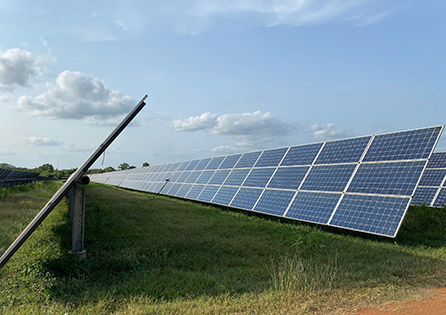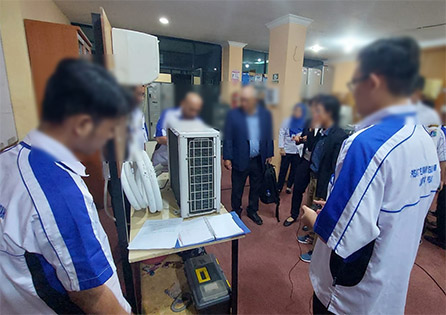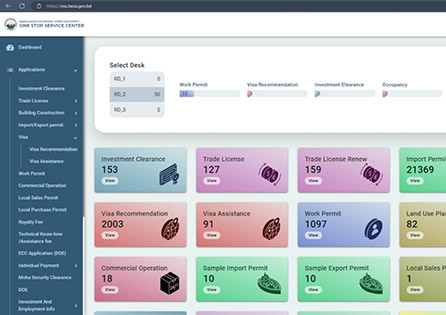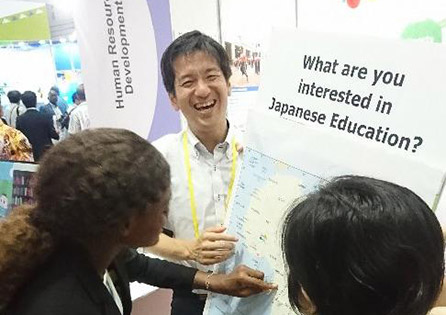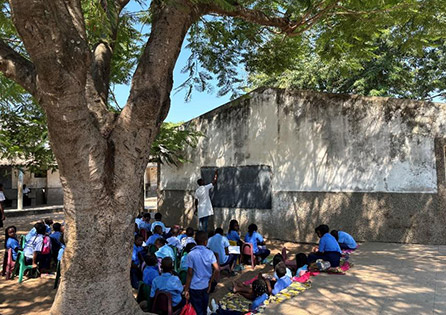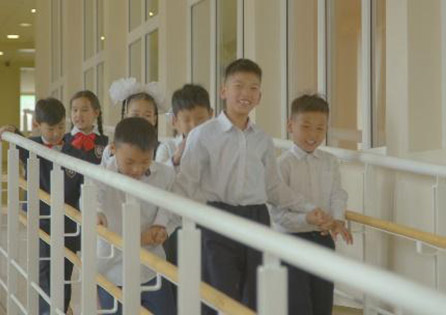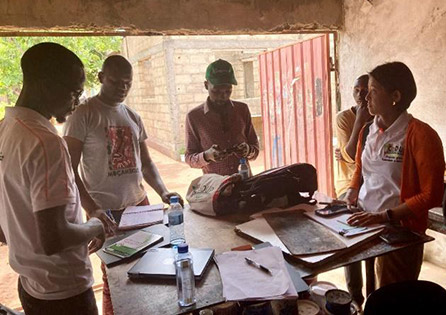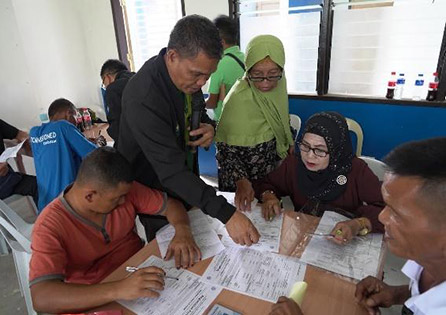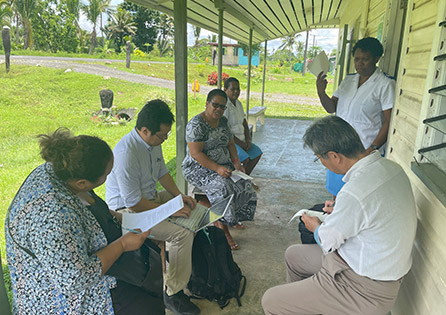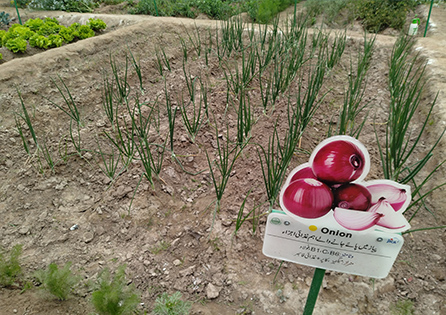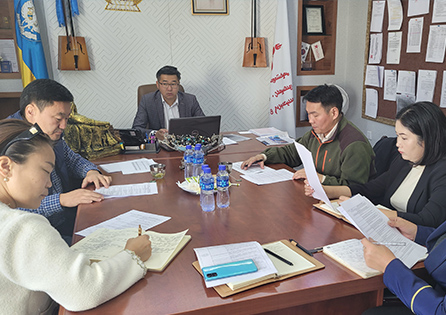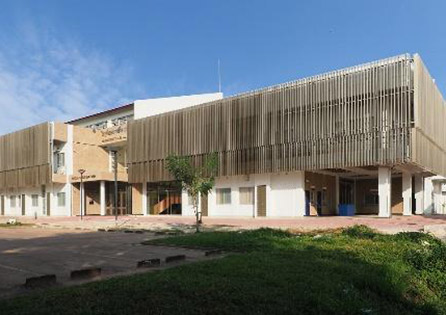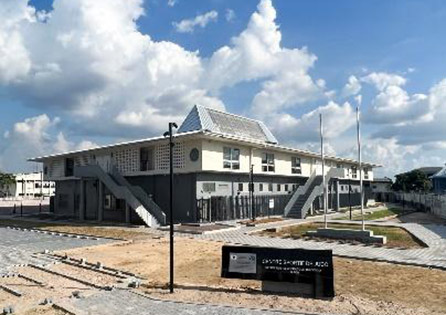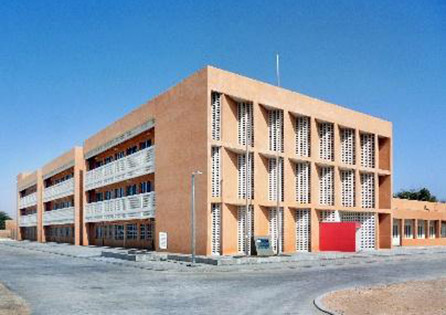This website uses cookies for a better browsing experience.
If you agree to the use of cookies, please click the "Agree" button.
Please refer to the Information Security regarding the use of cookies on this site.
Socio-economic Assistance for Bangsamoro Normalization Process in the Philippines
Country: The Philippines
Client: Japan International Cooperation Agency (JICA)
Duration: December 2022 to January 2026
Project partners:
- Office of the Presidential Adviser on Peace, Reconciliation and Unity (OPAPRU)
- Technical Education and Skills Development Authority (TESDA)
- Joint Task Force for Decommissioned Combatants and their Communities (JTFDCC)
- Ministry of Basic, Higher and Technical Education - Technical Education and Skills Development (MBHTE-TESD)
Provision of effective training to decommissioned combatants (DCs) which allows them to acquire skills that directly help them in making a living, leading to stable and better livelihoods.
For several decades, Muslims in certain areas of Mindanao, who call themselves Bangsamoro, have been struggling for greater autonomy within the predominantly Christian Philippines. The signing of the Comprehensive Agreement on Bangsamoro (CAB) in March 2014 marked a pivotal moment in this struggle, with the government of the Philippines and the Moro Islamic Liberation Front (MILF) taking significant steps towards reconciliation and peace. However, the transition to a peaceful life for those affected by the conflict has been hindered by various factors including the lack of livelihood opportunities.
Skills training is identified as a crucial component of normalization programs to stabilize and improve the livelihood of the DCs. Yet, existing training programs often fail to address the specific challenges faced by the DCs in the community. Recognizing this gap, our project aims to enhance all processes for skills training, from initial planning to post-training support.
Through rigorous analysis and collaboration with local counterparts, we are implementing a range of improvements. These include tailored training orientations that account for cultural sensitivities and practical realities, as well as the introduction of public administrative services, such as a seedling-distribution program, to support participants beyond the training period. By piloting these initiatives and closely monitoring their impact, we seek to not only provide immediate assistance but also pave the way for sustainable livelihoods and lasting peace in the Bangsamoro region.
With careful attention to rapid changes in global affairs, KRC improves the business environment in developing countries by helping to strengthen industrial competitiveness and to develop special economic zones, and by providing a wide range of support that uses digital technology (for entrepreneurs and to improve public service delivery). We also boost the private sector in both Japan and developing countries by leveraging domestic and international public-private partnerships (PPPs). This is done through support for Japanese businesses to expand overseas, overseas infrastructure development, and business matchmaking between Japan and developing countries.
Through technical cooperation in developing countries, we are working toward the realization of a world where everyone can access high-quality education. This includes support for the formulation of educational plans, capacity building for managing educational institutions, teacher training and development of learning materials. By collaborating with the ministry in charge of education, local educational authorities and schools in each country, we work in various stages and areas of education such as basic, higher and inclusive education.
With an aim to reduce disparities in developing countries, we provide effective and practical solutions and improvement strategies to help the socially vulnerable, develop rural areas and improve governance. In particular, we play key roles in making improvements to society in conflict-affected areas that lead to restoration and conflict-recurrence prevention by enhancing fair and reliable public administration, employment promotion and community capacity building. In Japan, to facilitate regional development and improve the living standards of local populations , we offer consultation service to national ministries and agencies, as well as to local governments.
KRC assists governments of low and middle income countries to improve the well-being of their people, including socially vulnerable populations, from perspectives of both healthcare and social protection. KRC has provided the assistance this through technical cooperation and research activities to build human capacity among healthcare professionals, build hospitals, improve hospital management systems and strengthen social security systems. More specifically, KRC has worked for addressing a wide range of social issues, such as malnutrition, weak health care system, insufficient social security systems, non-communicable diseases (NCDs), disability and development, and aging populations.
We mainly provide consulting services for investigation, planning, design and supervision for facility development and equipment procurement in projects conducted using Japanese ODA grants or loans.
Through field surveys, we understand current issues and assistance needs, and actively discuss with stakeholders at various levels, including project beneficiaries, users, and responsible institutions. Our findings are reflected in planning and design, and we aim to contribute to the development of local communities and the target sector.




